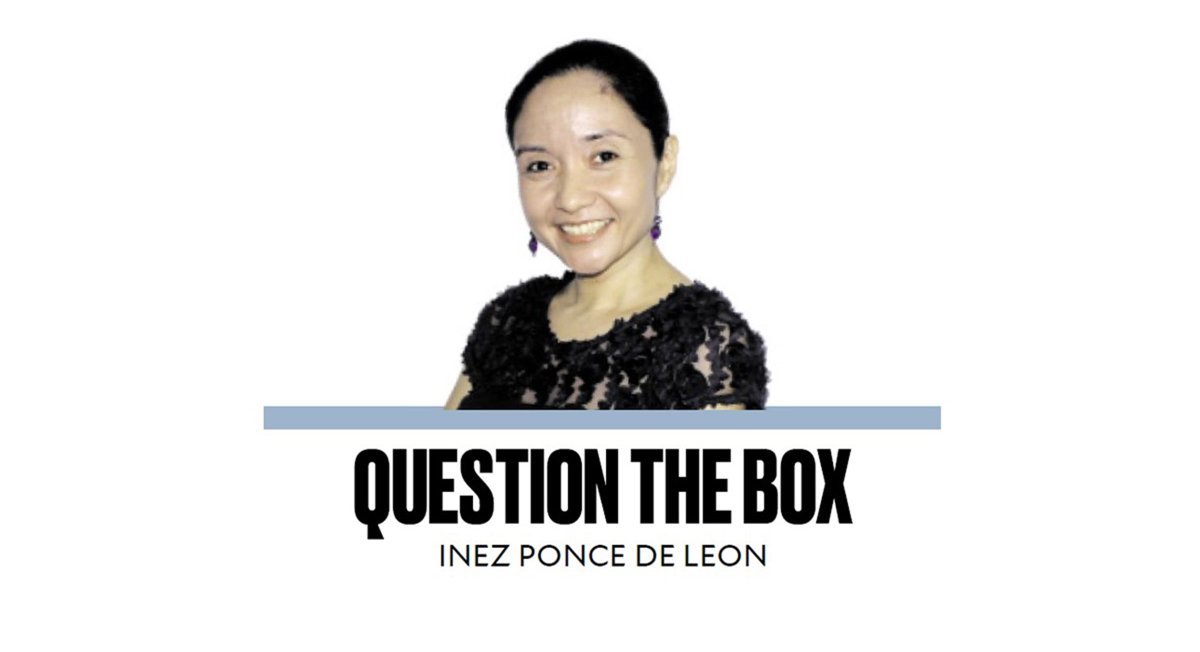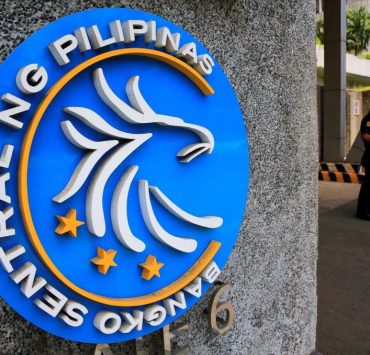In praise of real research conferences

Years ago, my project team and I presented our work before our government agency funders and explained how we liquidated their funds.
Our project examined attitudes to rain and flood warnings, as well as climate change in major cities. Part of this involved my thesis students adopting the project’s methods and framework, implementing them to gather new data, and then presenting their work at a conference abroad.
The results were revelatory: local governments in Bicol, Laguna, and Metro Manila differed in how they treated climate change and flooding hazards. We had a lot of policy recommendations based on the findings, and they were enriched after the students’ presentation at the international conference.Our auditors weren’t impressed: they didn’t like the idea that government money had been used to send researchers abroad. Never mind that my students received commendations from researchers from University of the Philippines Los Baños, Japan, and the United States, or that researchers from different universities discussed their work, shared their own ideas, and promised to adopt the methods for their own research.
The money, the auditors said, was better used locally—because our research had to stay in the Philippines, and it was for Filipinos.
This is inimical to the whole idea of research, which begs to be shared. And what does it mean for something to be for Filipinos alone, when climate change is a global issue?
This also betrays a poor understanding of what a conference is really for.
A research conference, though often treated as a junket by the less discerning, more exploitative types, is a place to both learn about new research and make new connections. In previous conferences, I met people who later became my coauthors, collaborators on projects, editors who would ask me for new articles for their journals.In a research conference, researchers come together to present their latest findings, all of which fall under the conference theme. Each session has four or five people, each with 15 minutes to present their work, and then around 10 minutes to take clarificatory questions.
The last conference I attended was in Honolulu, organized by the Society for Social Studies of Science. The conference was meant for us to talk about new ways of examining science in the world, outside the colonial worldview and vocabulary (and what a place to do it: in Hawaii, which has long fought against colonization!).
I presented the research that went into developing our department’s Science and Risk communication course: we created it as a research class responsive to the needs and identity of the Global South, all while being true to the tenets of social sciences research.
One of the panel organizers thanked me because they wanted to hear more from the Philippines, a country so affected by climate change and a hotbed for science, but so silent in the international conference circuit!
True, I was able to hike up a peak and see Honolulu, but I was also enriched academically. I have new collaborators from the US, and we’re discussing faculty exchange programs between our departments.
The key is to enjoy a new culture and environment while being productive, and not simply parachuting into the conference with a presentation and then leaving. This means attending sessions and learning new things, asking questions rather than mouthing what one thinks is the answer and carrying the banner of one’s country of origin with neither apology nor shame.
“I am a Filipino, here is my country, with its many complications, cultures, and languages—but here’s how we work around them.”
We, at the Ateneo, also organize conferences as a way to showcase our research, as well as to allow local researchers a venue for their work. Our latest one is sponsored by my home base, the School of Social Sciences, which will be held on April 25-26, with a variety of panels that include the latest in Philippine archaeological research, climate justice, memory, and nationhood, the many struggles of the country, and politics in Asia.
The conference can help local researchers and students see the many faces of social science, whether it applies to the country or its neighbors, whether it’s about one’s agency or the structures surrounding the individual. It’s a place for researchers and thinkers alike.Travel on taxpayer money to see different places, hang out at concerts or sporting events, and then bring back promises or pledges? Those merit stronger auditing and thinking. Traveling to a research conference to bring back networks of scientists? That merits praise.
My students are now in a variety of fields, but they always look back on their conference experience with happiness. They carry with them the discipline of research: systematic work, willingness to be corrected and to critique others in respectful ways, and courage to present one’s work to an international audience with no other hope but to be the voice of those who are kept voiceless.
It was money well spent.
QUESTION THE BOX
















